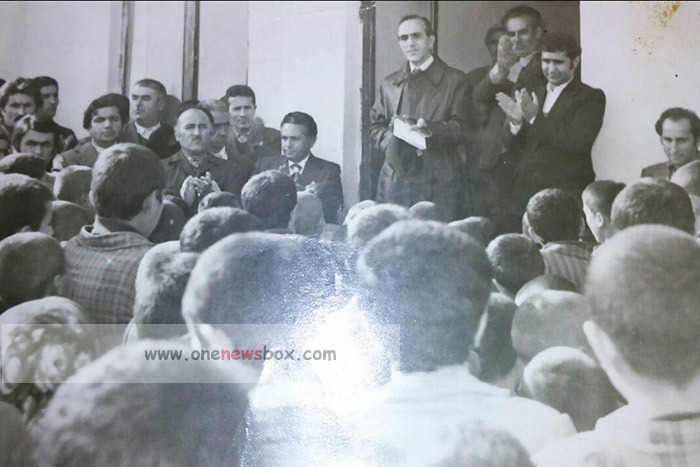His perseverance ultimately succeeded: the factories were built in Talash, generating regional employment and redirecting industrial growth to a less centralized area. This achievement became one of his hallmark services to his home region—and to the vision of economic decentralization within the country.
Fall of the Pahlavi Regime and Exile
The 1979 Revolution toppled the Pahlavi monarchy and dramatically altered the fates of its senior officials. In the aftermath, Hulako Rambod was arrested, tried by the newly established Islamic Revolutionary Court, condemned to death, and had his property confiscated. These were common charges leveled against former regime affiliates in the early revolutionary period.
Fortunately for Rambod, like some others, the sentence was not carried out. He fled into exile, ultimately settling in Nancy, France.
In 1983, as part of the Iranian Oral History Project, journalist and historian Habib Lajavardi conducted an in‑depth interview with Rambod in Nice, France. During that recorded conversation, Rambod reflected on his life, career, political decisions, and experiences in both the Majles and the cabinet. The interview preserved first‑hand insights into the workings of the Pahlavi regime—and Rambod’s own reasoning about shifting alliances and political strategy.
Personal Life and Legacy
Hulako Rambod passed away on 2 Ordibehesht 2007 (Persian calendar), corresponding to May 2, 2007, in Nancy, France. At the time of his death, he left behind four sons and five daughters. His descendants, dispersed both in Iran and abroad, represent a continuation of his familial line—rooted in centuries of Iranian political and social history.

